- Home
- Health Condition
Medicine For Gallbladder Stone
Medicine For Gallbladder Stone
- Total Items (146)
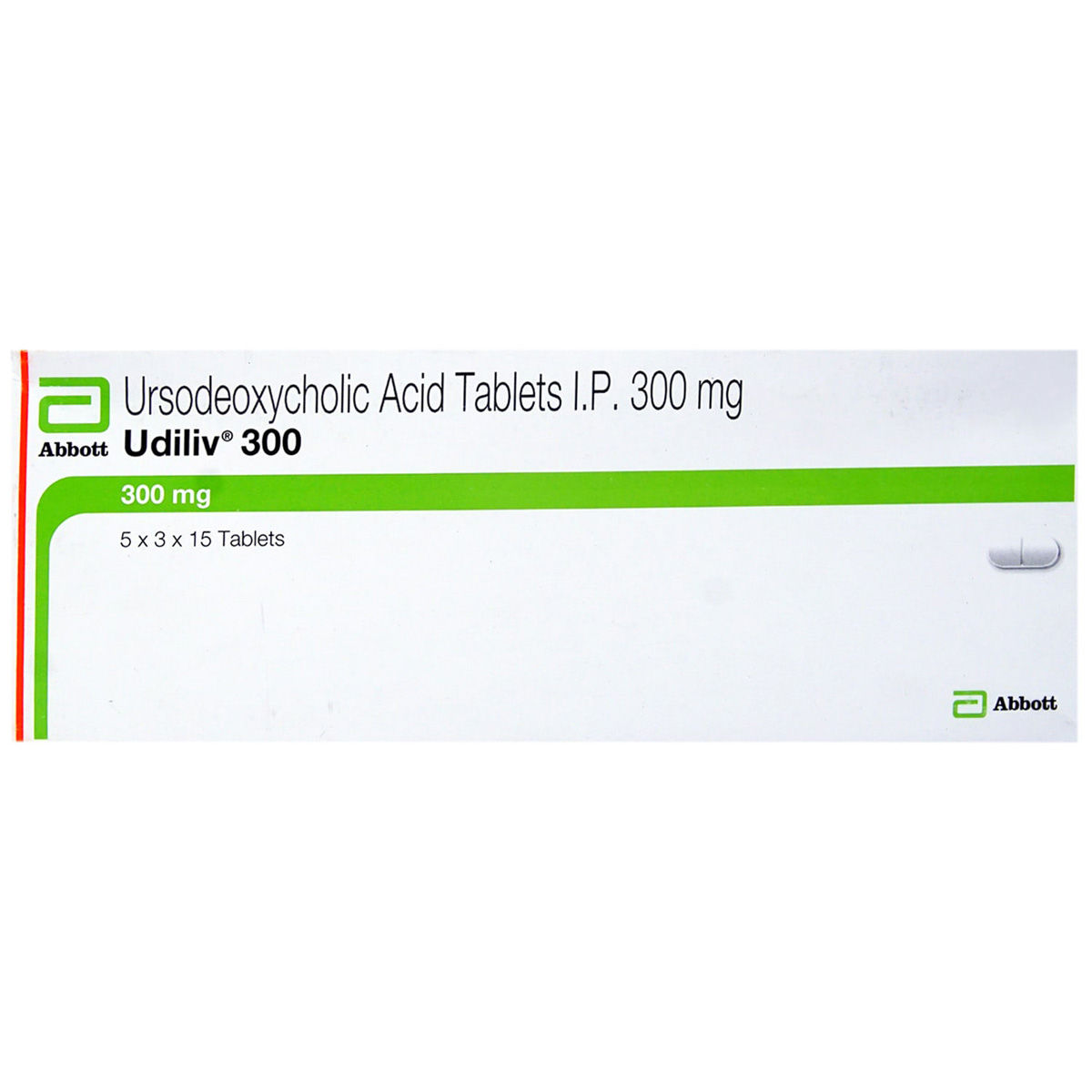 RX
RXUdiliv 300 Tablet 15's
₹831.20
MRP ₹923.50
10% off
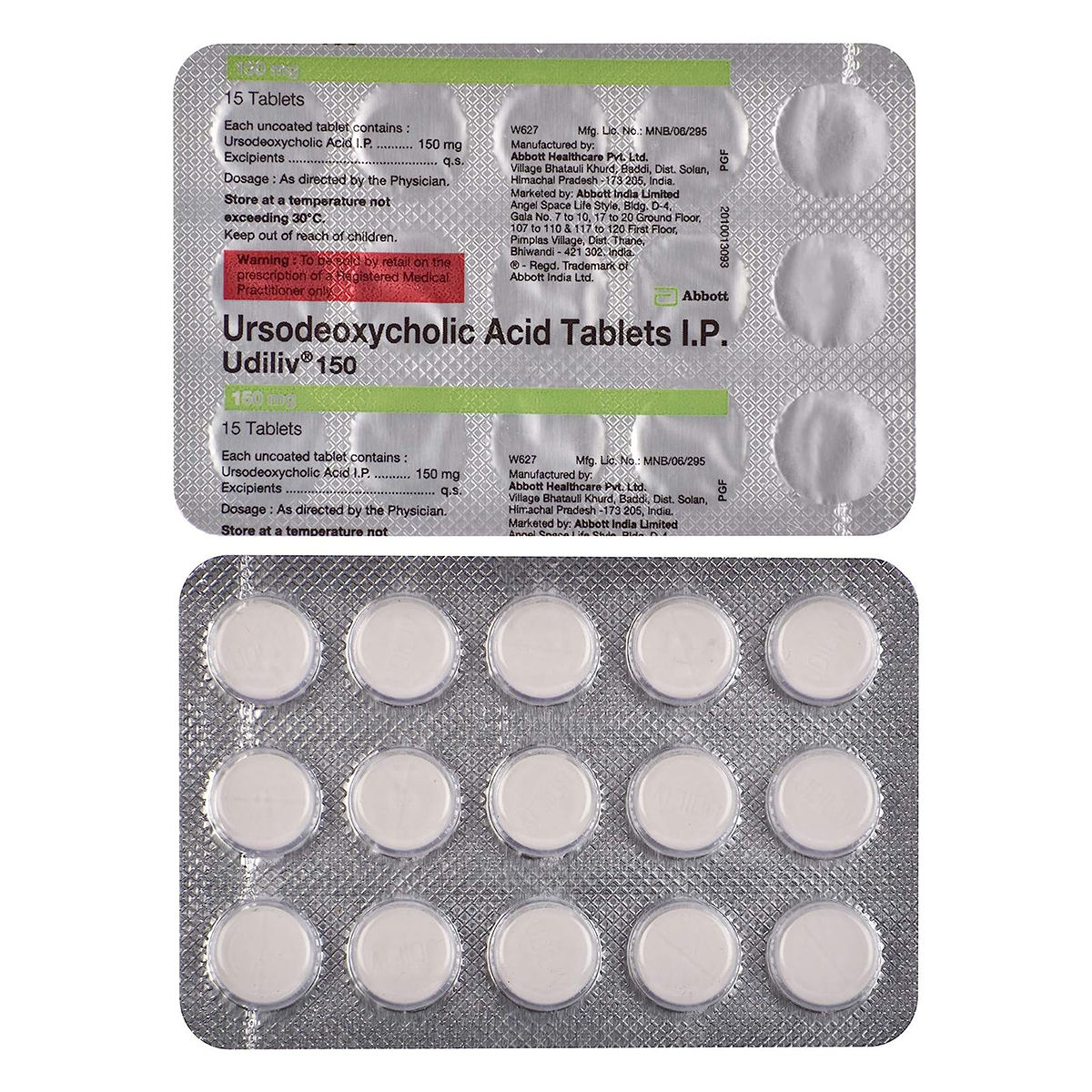 RX
RXUdiliv 150 Tablet 15's
₹473.90
MRP ₹526.50
10% off
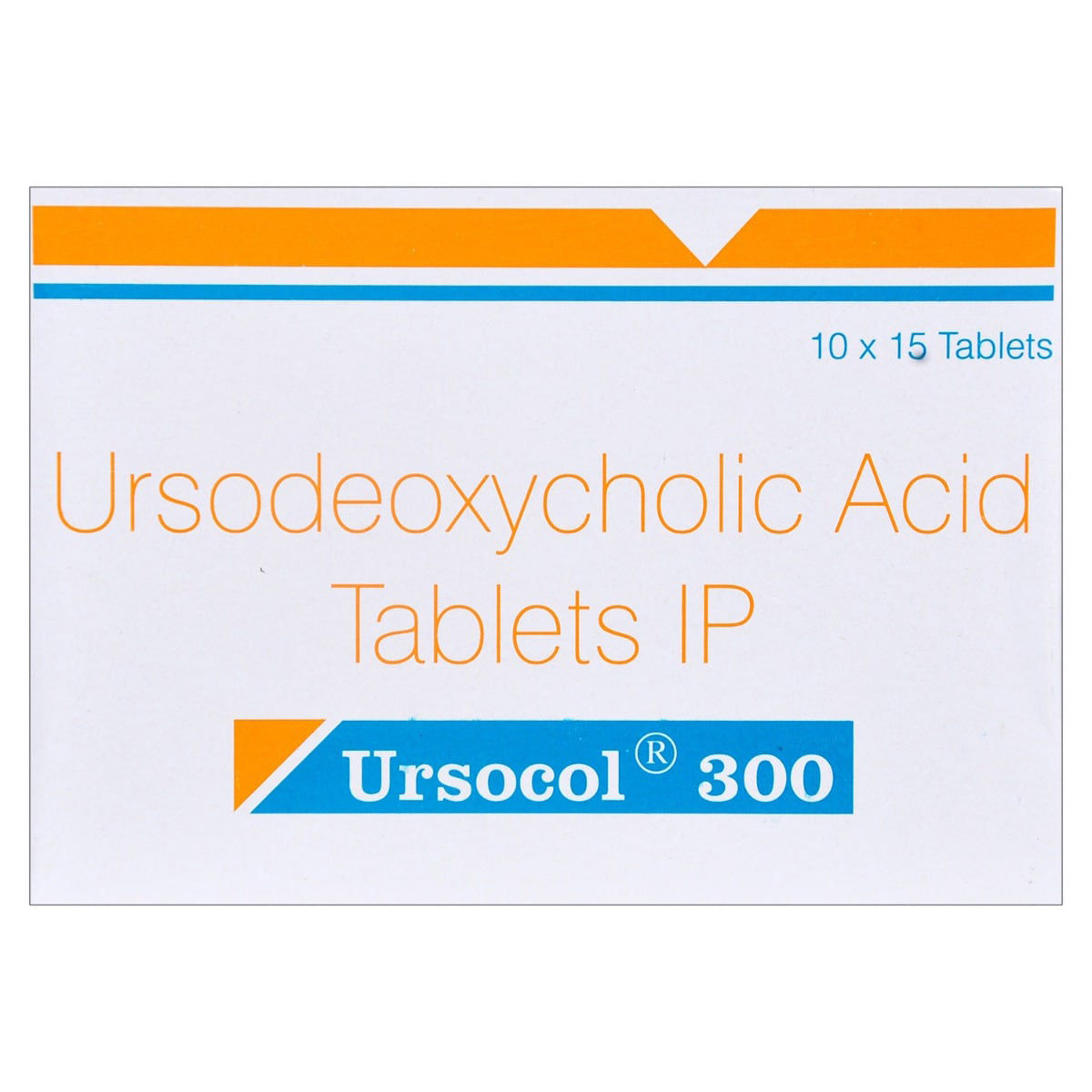 RX
RXUrsocol 300 Tablet 15's
₹623.70
MRP ₹693
10% off
 RX
RXUrsocol SR 450 Tablet 15's
₹779
MRP ₹865.50
10% off
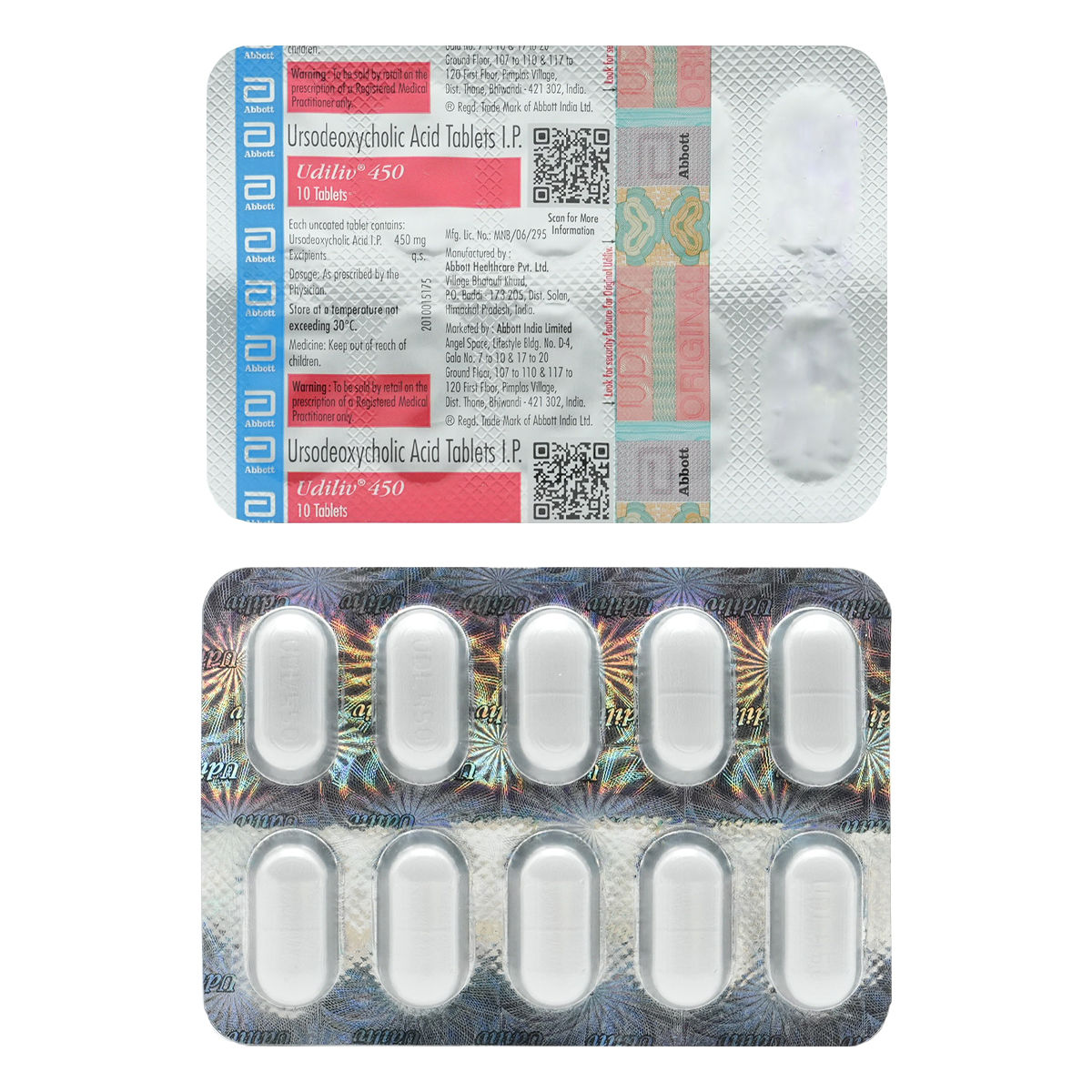 RX
RXUdiliv 450mg Tablet 10's
₹589.50
MRP ₹655
10% off
 RX
RXSedogest-300 Tablet 10's
₹383.40
MRP ₹426
10% off
 RX
RXGolbi 300 Tablet 15's
₹580.50
MRP ₹645
10% off
 RX
RXUrsetor 300 Tablet 10's
₹395.10
MRP ₹439
10% off
 RX
RXUrsocad 300 Tablet 10's
₹301
MRP ₹342
12% off
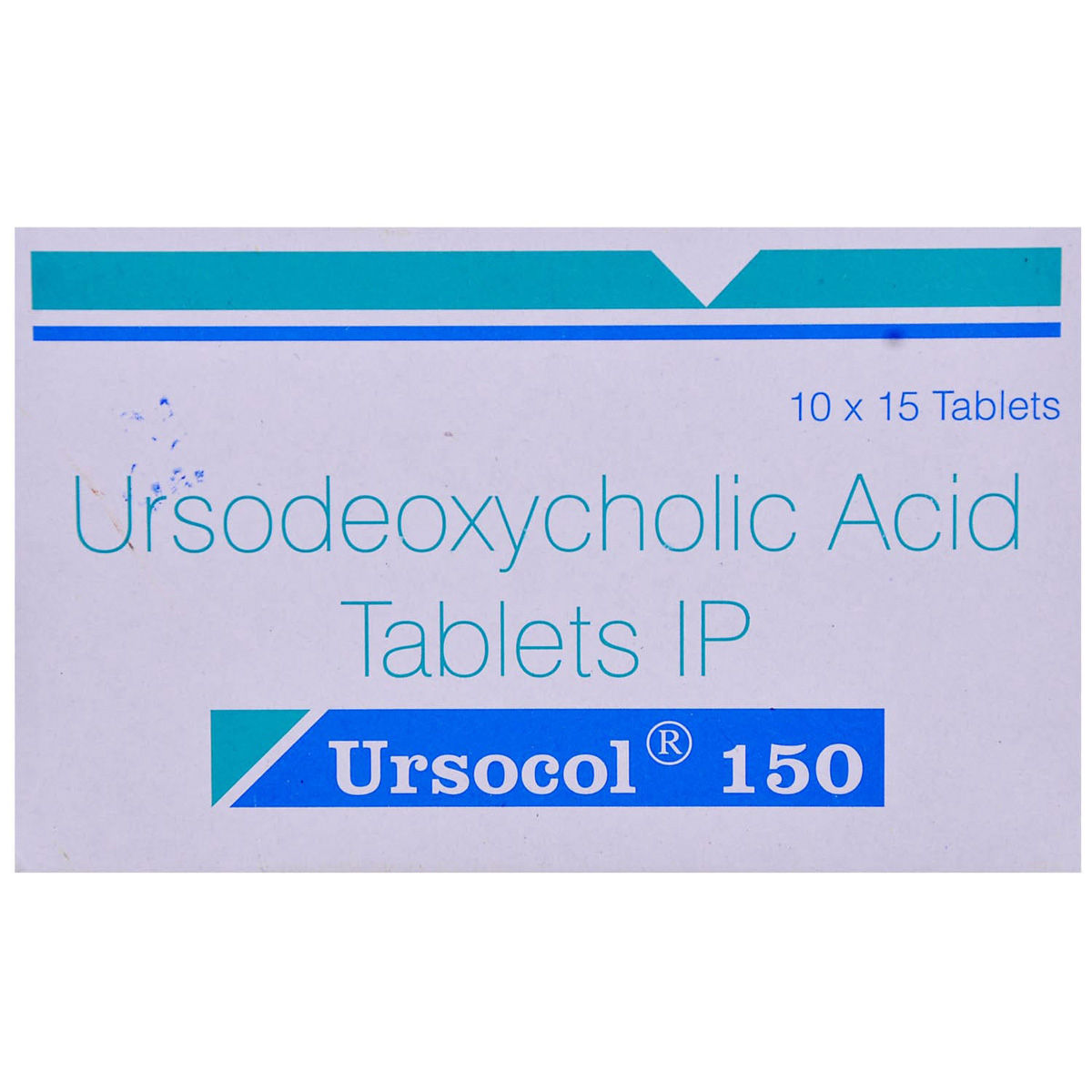 RX
RXUrsocol 150 Tablet 15's
₹362.30
MRP ₹402.50
10% off
 RX
RXGolbi SR 450 Tablet 15's
₹771.30
MRP ₹857
10% off
 RX
RXUdiliv 600 Tablet 10's
₹756.90
MRP ₹841
10% off
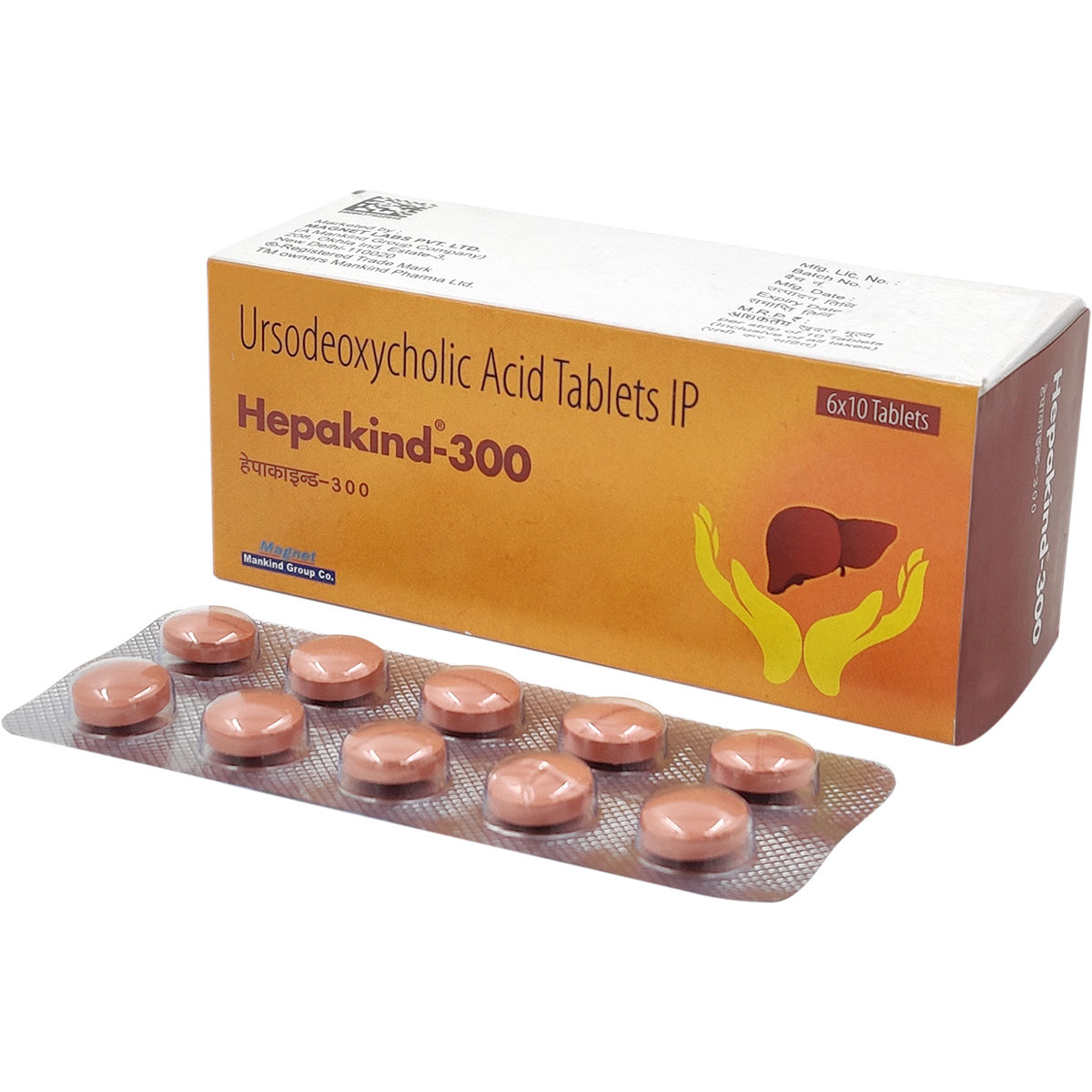 RX
RXHepakind-300 Tablet 10's
₹346.50
MRP ₹385
10% off
 RX
RXUlyses SR 450 mg Tablet 10's
₹500
MRP ₹555.50
10% off
 RX
RXUrsocol SR 600 Tablet 10's
₹601.90
MRP ₹684
12% off
 RX
RXUdgrace 300 Tablet 10's
₹387.90
MRP ₹431
10% off
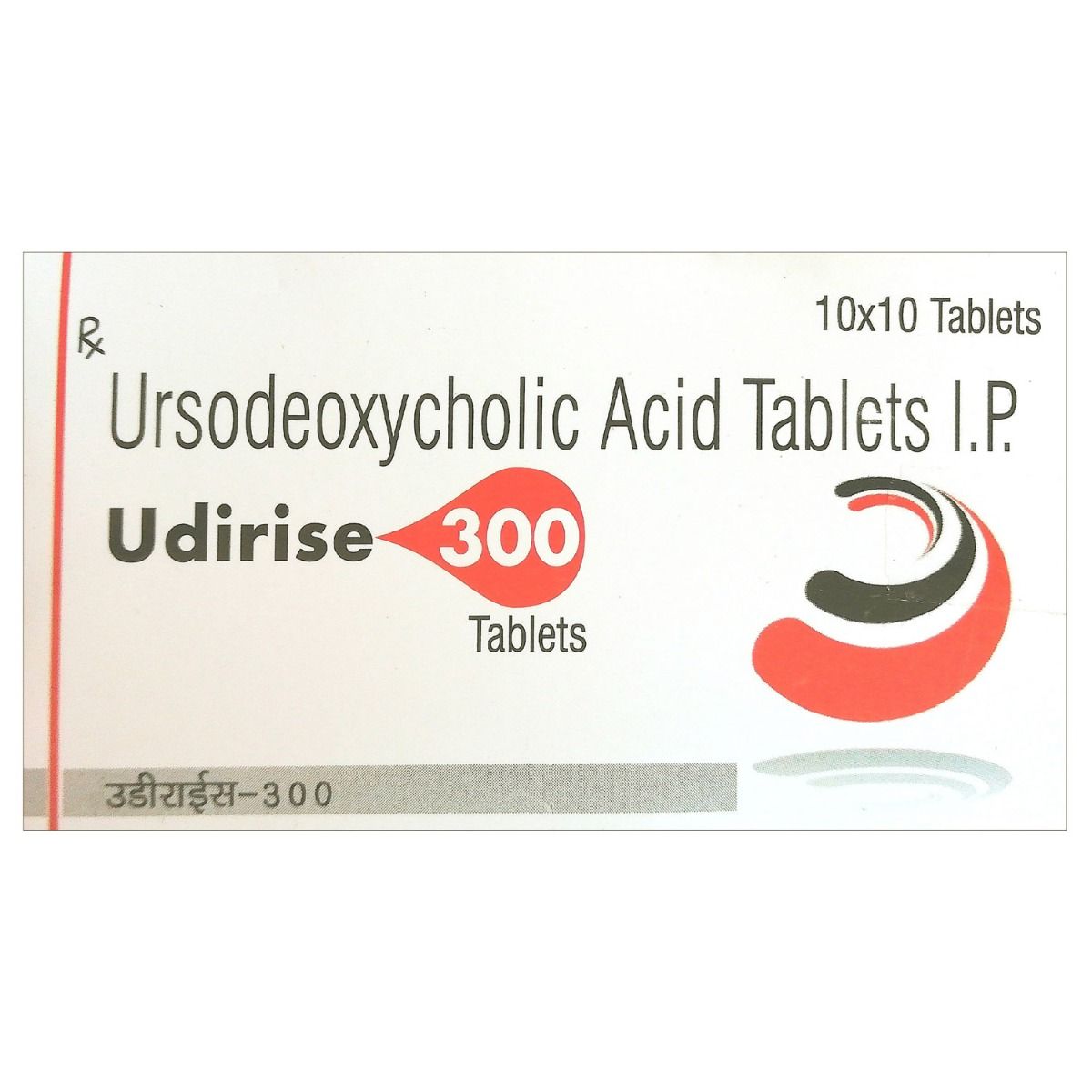 RX
RXUdirise 300 Tablet 10's
₹328.50
MRP ₹365
10% off
 RX
RXUrsobiac 300 mg Tablet 10's
₹261
MRP ₹290
10% off
 RX
RXUrsokem-300 Tablet 10's
₹360
MRP ₹400
10% off
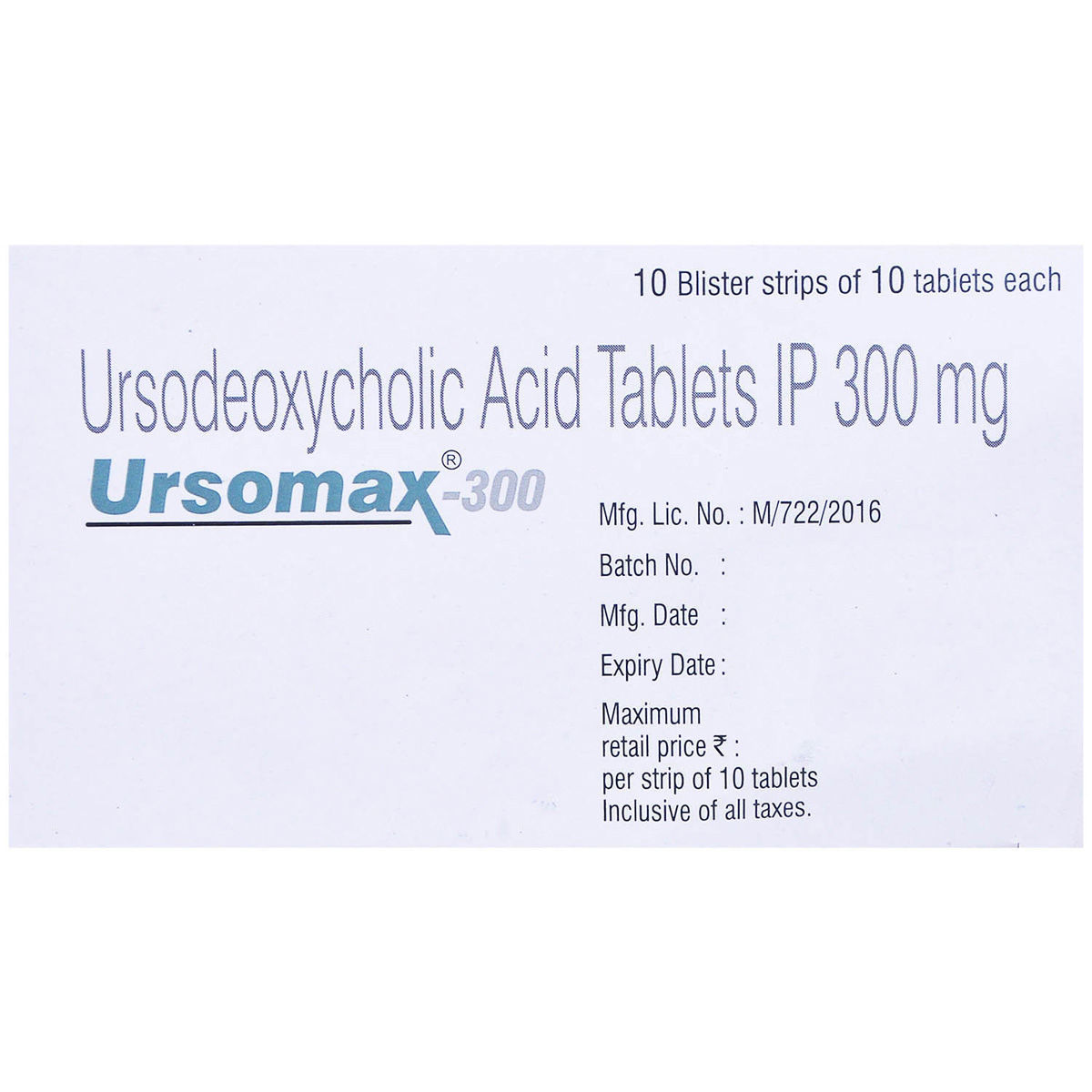 RX
RXUrsomax-300 Tablet 10's
₹354.20
MRP ₹393.50
10% off
 RX
RXActibile 300 Tablet 10's
₹454.10
MRP ₹504.50
10% off
 RX
RXUsibon 300 Tablet 10's
₹358.20
MRP ₹398
10% off
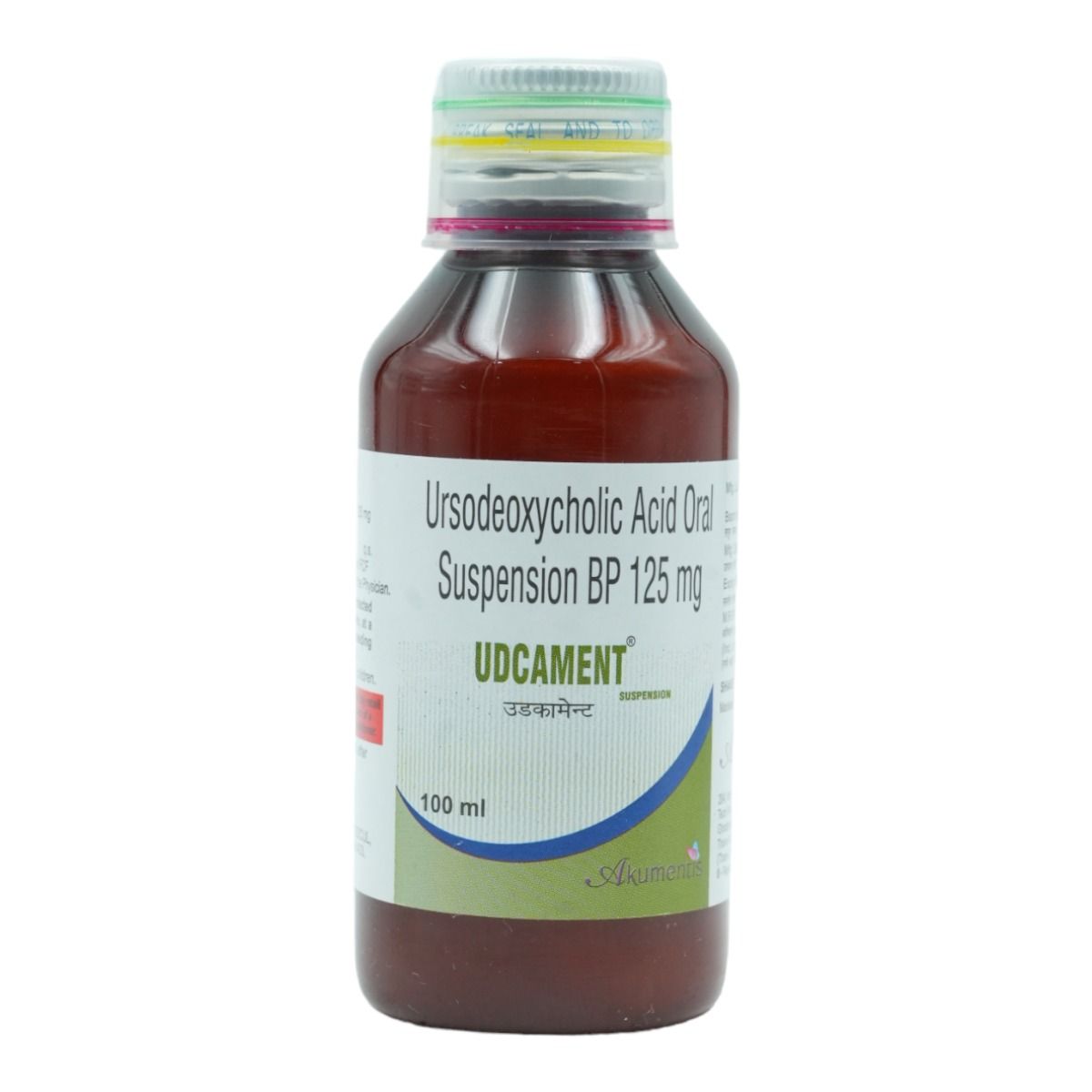 RX
RXUdcament Oral Suspension 100 ml
₹351
MRP ₹390
10% off
 RX
RXUrsolid 300 mg Tablet 10's
₹262.50
MRP ₹350
25% off
Medicine For Gallbladder Stone
Gallstones, also known as cholelithiasis, are hardened deposits that form in the gallbladder. These stones can vary in size and may block bile ducts, leading to severe pain, infections, or even complications like jaundice. Although surgery is often recommended for larger stones, there are medications that can help manage gallstones, especially for those who may not be candidates for surgery or wish to avoid it.
Types of Medicine for Gallbladder Stone
Gallbladder stones, or gallstones, can be effectively managed with several types of medications. These medicines primarily aim to dissolve the stones, manage pain, and treat any associated infections.
- Ursodeoxycholic Acid (UDCA): Ursodeoxycholic acid is a bile acid that works by reducing the production of cholesterol in the liver and increasing the breakdown of cholesterol in bile. By decreasing the cholesterol content in bile, UDCA helps dissolve cholesterol-based gallstones over time. This medication is particularly useful for patients who cannot undergo surgery.
Example: Ursodiol
- Chenodiol (Chenodeoxycholic Acid): Chenodiol, another bile acid, functions similarly to UDCA. It reduces the synthesis and secretion of cholesterol in the liver, thereby lowering the cholesterol saturation in bile. This reduction in cholesterol content helps dissolve existing cholesterol gallstones gradually, making it a viable non-surgical treatment option.
Example: Chenodiol
- Antibiotics: When gallstones obstruct the bile ducts, they can cause infections, leading to inflammation and other complications. Common antibiotics used to treat these infections include cefazolin and other cephalosporins. These antibiotics work by targeting and eliminating the bacteria responsible for the infection, reducing inflammation and preventing further complications.
Example: Cefazolin, Ciprofloxacin, Metronidazole
- Pain Relievers: Non-steroidal anti-inflammatory Drugs (NSAIDs) are commonly used to manage the pain associated with gallstones. These medications work by inhibiting the production of prostaglandins, which are chemicals in the body that promote inflammation, pain, and fever. By reducing prostaglandins, NSAIDs help alleviate pain and reduce inflammation.
Example: Ibuprofen, Naproxen, Diclofenac
- Antispasmodics: Antispasmodic drugs are used to relieve pain and spasms of the smooth muscles in the gallbladder and bile ducts. Common antispasmodics include pitofenone and camylofin. These medications help relax the smooth muscles, reduce spasms, and relieve the discomfort caused by gallstones.
Example: Pitofenone, Camylofin, Dicyclomine
Benefits of Using Medicine for Gallbladder Stone
Medicine for gallbladder stones offers a range of benefits that make them a viable and effective treatment option for many patients. From providing a non-invasive alternative to surgery to offering relief from pain and preventing infections, these medications play a crucial role in managing and dissolving gallstones safely and effectively:
- Non-Invasive Treatment Option: Medications provide a non-invasive alternative for patients who cannot undergo surgery due to medical risks or personal preferences. This eliminates the need for surgery and its associated risks, recovery time, and hospital stays.
- Gradual Dissolution of Gallstones: Medications like ursodeoxycholic acid (UDCA) and chenodiol help dissolve cholesterol-based gallstones gradually. These medications reduce cholesterol in bile, breaking down stones over time without causing sudden blockages, offering a safe and controlled treatment.
- Pain Relief: Gallstones can cause severe abdominal pain. Pain relievers, such as NSAIDs or acetaminophen, effectively reduce pain and inflammation, helping patients manage discomfort and improve their quality of life.
- Infection Control: Gallstones can lead to infections if they block bile ducts. Antibiotics are prescribed to treat infections, reduce inflammation, and prevent more serious complications, such as sepsis.
- Relief from Spasms: Antispasmodic medications relax the smooth muscles in the gallbladder and bile ducts, providing relief from painful cramps and spasms, making the treatment process more comfortable for patients.
- Suitable for High-Risk Patients: For patients with underlying health conditions that make surgery risky, medications offer a safe alternative. This treatment allows patients to manage their gallstones without the risks associated with invasive procedures.
- Prevention of Recurrence: Medications like UDCA help prevent the formation of new stones by maintaining a healthy balance in bile. This reduces the likelihood of future gallstone episodes and minimises the need for further treatments.
Dosage and Usage Instructions of Medicine for Gallbladder Stone
For patients considering medication for gallstones, proper dosage and usage are critical to achieving the best outcomes. Always follow your doctor’s instructions and read the label for safety and usage instructions. Here are general guidelines for the dosage and usage of common gallbladder stone medicines:
Ursodeoxycholic Acid (UDCA)
- Dosage: Typically taken orally in doses ranging from 8-10 mg/kg/day, divided into two or three doses. The dosage, thus, varies depending on the weight of the person.
- Usage: It is usually taken with food to improve absorption and reduce gastrointestinal side effects. The treatment duration can vary from several months to years, depending on the size and number of gallstones.
Chenodiol (Chenodeoxycholic Acid)
- Dosage: The usual dosage is 13-16 mg/kg/day, divided into two doses. This means that the dosage would vary based on the weight of the person.
- Usage: Chenodiol is taken orally with meals. The treatment duration can also vary, and regular monitoring by a healthcare provider is essential to assess the effectiveness and adjust the dosage if needed.
Antibiotics
- Dosage: The dosage depends on the type and severity of the infection. Common antibiotics like cefazolin are typically administered in doses of 1-2 grams every 8 hours.
- Usage: Antibiotics should be taken as prescribed by a healthcare provider. It is important to complete the full course of antibiotics to ensure the infection is fully treated.
Pain Relievers (NSAIDs)
- Dosage: Common NSAIDs like ibuprofen are usually taken in doses of 200-400 mg every 4-6 hours as needed for pain.
- Usage: Pain relievers should be taken with food or milk to reduce the risk of gastrointestinal side effects. Patients should follow the dosage instructions on the packaging or as prescribed by their doctor.
Antispasmodics
- Dosage: The dosage of antispasmodics like dicyclomine can vary, but a common dose is 10-20 mg, taken three to four times a day.
- Usage: Antispasmodics should be taken as prescribed by a healthcare provider. They help relieve spasms and discomfort associated with gallstones.
Where Can You Order Medicine For Gallbladder Stones Online?
You can easily order medicine for gallbladder stones from Apollo 24|7 through their website or mobile app. Apollo 24|7 offers a variety of treatments, including ursodeoxycholic acid (UDCA) for dissolving cholesterol-based gallstones, pain relievers, antibiotics, and antispasmodic medications to help manage symptoms and prevent further complications. With trusted brands and reliable delivery, you can conveniently have the necessary medications delivered to your doorstep. Additionally, Apollo 24|7 provides access to expert advice and doctor appointments, ensuring you receive personalised treatment plans for the effective management of gallbladder stones.
Frequently asked questions
Gallbladder stones, also known as gallstones, are hardened deposits that form in the gallbladder, a small organ beneath the liver. They typically form when there is an imbalance in the substances that make up bile, such as excess cholesterol or bilirubin. Gallstones can be classified into two types:
- Cholesterol stones: These are the most common and form when there is too much cholesterol in the bile.
- Pigment stones: These form when there is excess bilirubin, a substance produced when the liver breaks down red blood cells.
Yes, certain medications can dissolve cholesterol-based gallstones. The most commonly used medications are ursodeoxycholic acid (UDCA) and chenodiol. These help reduce the cholesterol content in bile, gradually dissolving smaller cholesterol stones. However, this method is most effective for non-calcified, small stones and may take several months to produce noticeable results.
The effectiveness and timeline for medication to dissolve gallstones vary based on the size, type, and number of stones. Ursodeoxycholic acid (UDCA) may take several months (typically 6 months to 2 years) to completely dissolve cholesterol-based gallstones. You must be patient and adhere to the prescribed treatment regimen for optimal results.
Not everyone with gallstones is a candidate for medication therapy. Medications like UDCA are most effective for small, non-calcified, cholesterol-based stones and may not work for pigment stones or larger stones. Additionally, if you have liver disease or other health issues, you may not be suitable for certain medications. Always consult your healthcare provider to determine if medication is the right treatment option for your specific condition.
If medications do not work to dissolve your gallstones, or if they cause significant pain or complications, your doctor may recommend other treatment options, such as gallbladder removal surgery (cholecystectomy). Surgery is often the definitive treatment for symptomatic gallstones or large stones that cannot be dissolved by medications.
